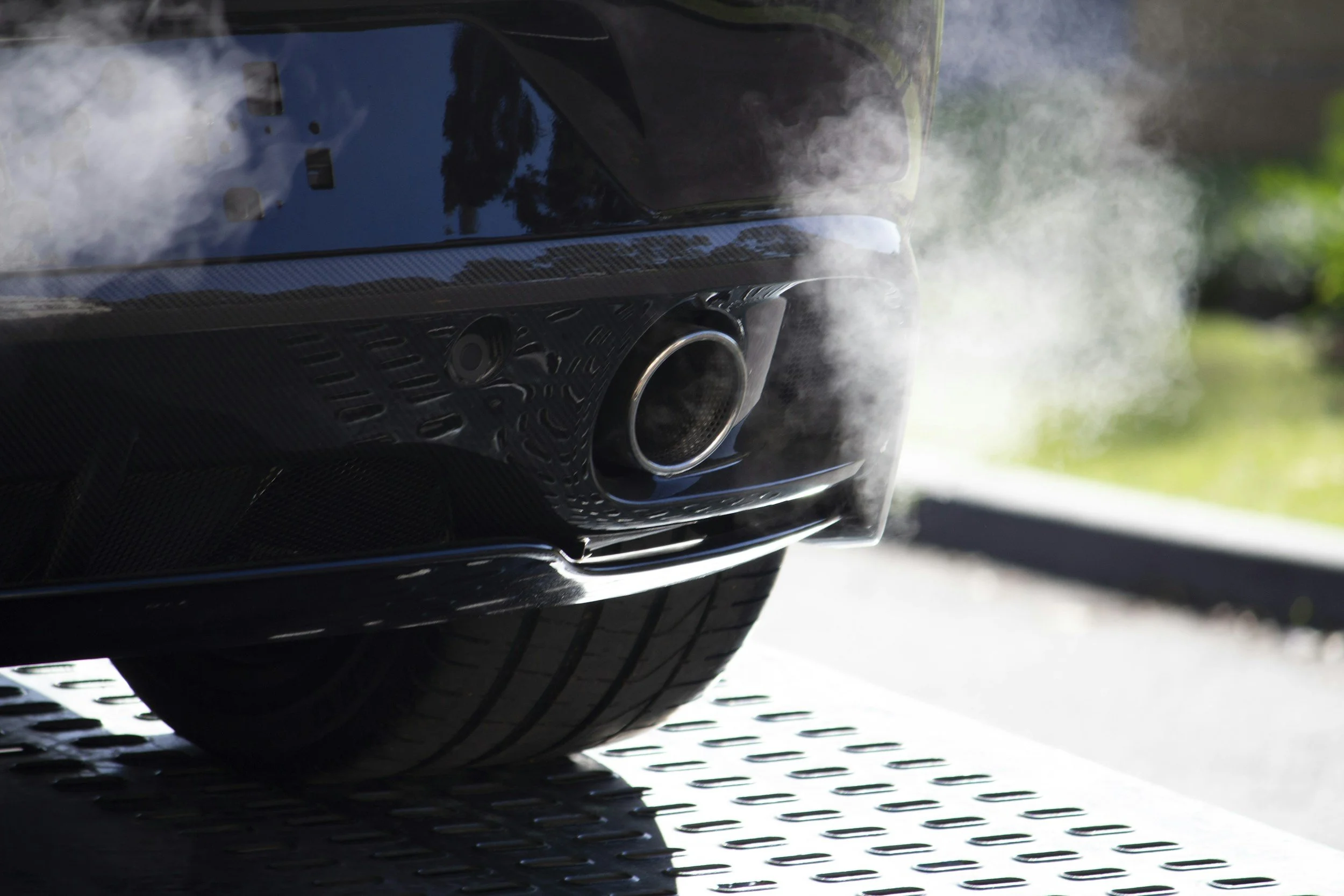Open letter to the Minister of Transport re cuts to Clean Car Standards
In December 2023, we wrote an open letter to the then Minister of Transport requesting he reconsider axing the Clean Car Discount, which had provided rebates for electric vehicles and plug-in hybrids. We pointed out the massive public health and cost burden imposed by vehicle emissions in New Zealand. We framed this as a positive:
Just think what emission reductions could deliver in terms of significant improvements in public health, climate and the national economy. A triple win.
The Minister did not write back.
That same month, the New Zealand Herald published our op ed urging the Government to explicitly consider the social costs of air pollution in its transport policy decisions.
The Minister didn’t appear to read that either because in July 2024, the Government weakened the Clean Car Standards by reducing the required emission targets.
The Clean Car Standard works by penalising (imposing fees on) importers of high‑emission vehicles and rewarding (giving credits to) those who supply low‑emission models. It was designed to nudge importers towards cleaner, lower-emission vehicles to reduce CO₂ emissions to specific targets. The intent was to provide balanced support for New Zealand’s decarbonisation and economic goals with no net charges passed onto consumers.
It was successful too! Right up until the Government scrapped the Clean Car Discount. Note the deterioration in both graphs below, when actual CO₂ emissions (blue line) first exceeded the target CO₂ emission levels (red line) after December 2023.
Figure 1 Clean Car Standard Performance Jan 23 - Oct 25
Average CO₂ performance - All new imported vehicles [NZTA, Oct25].
Now the Government is cutting charges in the Clean Vehicle Standards by nearly 80% (from $67.50 → $15 per gram for new imports, and $33.75 → $7.50 for used imports).
Your ministerial press release claims this is needed to “to avoid the risk of an estimated $264 million in net charges being passed on to New Zealand households and businesses.”
One question Minister:
What about the other costs?
As we pointed out in our previous letter:
The air pollution from a new (Euro 5) diesel ute costs society around 40 times more in terms of harmful emissions than a petrol hybrid car for every kilometre driven.
New Zealanders face these costs too but they have not been considered in your regulatory impact statement.
Our data suggests that a government policy that increases air pollution, compared with the counterfactual, is not fiscally responsible.
Billed as ‘temporary”, we note the government is reviewing the Clean Car Standard with a plan to report recommendations back to Cabinet in June next year. We reiterate our request to consider the broader costs to society of air pollution from transport.
Peer-reviewed and accepted externality costs for air pollution emissions have been available in The Treasury’s CBAx model since 2022. Please use them.
Yours sincerely / Ngā mihi
Lou Wickham, Director, Emission Impossible Ltd
Dr Gerda Kuschel, Director & Senior Air Quality Specialist, Emission Impossible Ltd
Jayne Metcalfe, Director & Senior Air Quality Specialist, Emission Impossible Ltd
Professor Alistair Woodward, Epidemiologist and public health medicine specialist, Faculty of Medical and Health Sciences, University of Auckland
Further reading: Marc Daalder (Newsroom)
Behind the Govt’s urgent move to make it cheaper to import dirty cars



